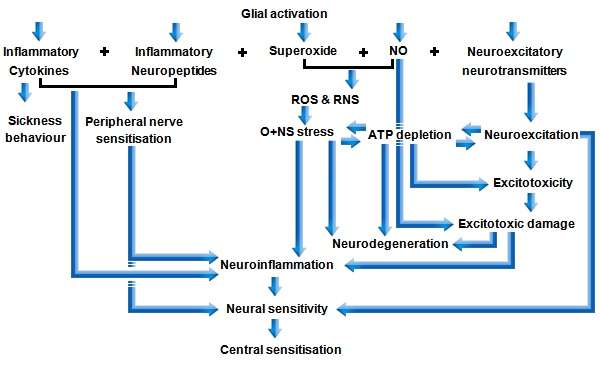MeSci
ME/CFS since 1995; activity level 6?
- Messages
- 8,231
- Location
- Cornwall, UK
Yeah, when someone tries to squish different papers from a traditionally dodgy area of research (psychology) into one integrated theory, they're going to get some weird results.
How shocking - you managed to find a way to suggest that most of us are likely to have certain unflattering psychological disorders, while safely extracting yourself from the group.
For the third time, you seem to have spectacularly failed to read the research sufficiently to answer some basic questions: how are they diagnosing or defining depression? Is "depressive symptoms" as mentioned in the study the same thing as crossing a threshold for a depression diagnosis? Were physical ME/CFS symptoms considered indicative of depression?
I know you don't have answers to any of the questions, because the paper doesn't answer them. Though the researchers are not psychobabblers themselves, most of their sources are psychobabblers, and heavily skewed toward psychogenic theories. The odds are extremely good that anxiety and depression assessment was based on having certain symptoms which have physical causation for ME/CFS patients.
Of course, no appropriate control group involving patients with a better-understood chronic and multi-system was used, and the results for mood disorders among the healthy patients was not shown either. Because the the controls were certainly assessed for the purpose of making comparisons between genetics and mood disorders, it is rather suspect that those results have been withheld, indicating that they were likely quite overzealous in labeling participants as having "depressive symptoms".
I think you need to stop trying to warp the world to fit your anecdotal picture. You're starting with a conclusion, and working backward, which means the only question is how you're going to present the data to best support your conclusions. Good research should involve looking for answers, rather than looking for justification for your pre-emptive conclusions.
Your anecdotal picture also seems highly incorrect and insulting, which is not helping.
Better run or hide, John H Wolfe - the Hulk approaches..
Just please promise us that your next project is not "The Wolfe Therapy"...at a (high) price. If it is, you may find an army of Hulks after you...
Oh - and please test it on yourself first before presenting it to the world.

